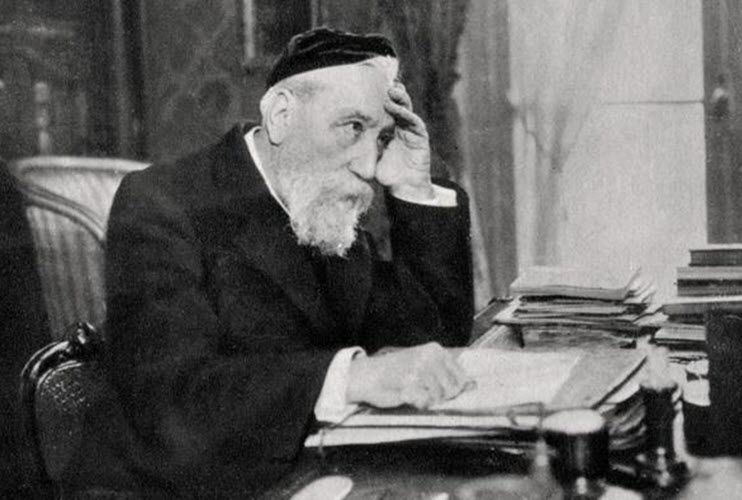Anatole France: The Master Storyteller of French Literature

Anatole France (16 April 1844 – 12 October 1924) was a French poet, journalist, and novelist. He was awarded the Nobel Prize in Literature in 1921.
Life and Career
He was born on 16 April 1844, in Paris, France. He studied history, paleography, and archiving, which would later influence his writing and research. He graduated with a degree in history and a diploma in archiving in 1868.
After finishing his education, he worked as a librarian and a journalist, which allowed him to continue his intellectual pursuits and explore his interests in literature, history, and politics. He also began to write his own literary works during this time, and his first book, a collection of poems, was published in 1869.
His works were known for their wit, satire, and criticism of social and political issues. Some of his most notable works include: “The Crime of Sylvestre Bonnard” (1881): a novel about an elderly scholar who becomes obsessed with a young woman’s diary, “Thaïs” (1890): a novel about a monk who tries to convert a courtesan to Christianity, “Penguin Island” (1908): a satirical novel that parodies French history and society, “The Gods Are Athirst” (1912): a novel set during the French Revolution, which explores themes of tyranny and the abuse of power, “The Revolt of the Angels” (1914): a novel that imagines a rebellion among the angels in Heaven.
He was also a prolific essayist, and he wrote on a variety of topics, including literature, history, politics, and religion. Some of his most famous essays include “On Life and Letters” (1902), “The Garden of Epicurus” (1895), and “The Red Lily” (1894). He was also critical of the French government’s role in World War I and was a member of the French Senate from 1920 until his death in 1924. He died on 12 October 1924, in Tours, France.
Award and Legacy
He was awarded the Nobel Prize in Literature in 1921 for his “brilliant literary achievements, characterized as they are by a nobility of style, a profound human sympathy, and a true Gallic temperament.” His literary legacy is characterized by his wit, satire, and criticism of social and political issues. He was known for his ability to blend philosophical and social commentary with humor and irony. His works often explored themes of human nature, morality, and the pursuit of truth.
His legacy also extends to his role as a political activist and social critic. He was a vocal opponent of the Dreyfus Affair, which was a political scandal that divided France in the late 19th and early 20th centuries. He used his platform as a writer and intellectual to advocate for justice and human rights, and his works continue to inspire social and political activism today. Overall, Anatole France’s legacy is a testament to his intellectual curiosity, his commitment to social justice, and his contributions to French literature and intellectual thought.
Observer Voice is the one stop site for National, International news, Sports, Editor’s Choice, Art/culture contents, Quotes and much more. We also cover historical contents. Historical contents includes World History, Indian History, and what happened today. The website also covers Entertainment across the India and World.

